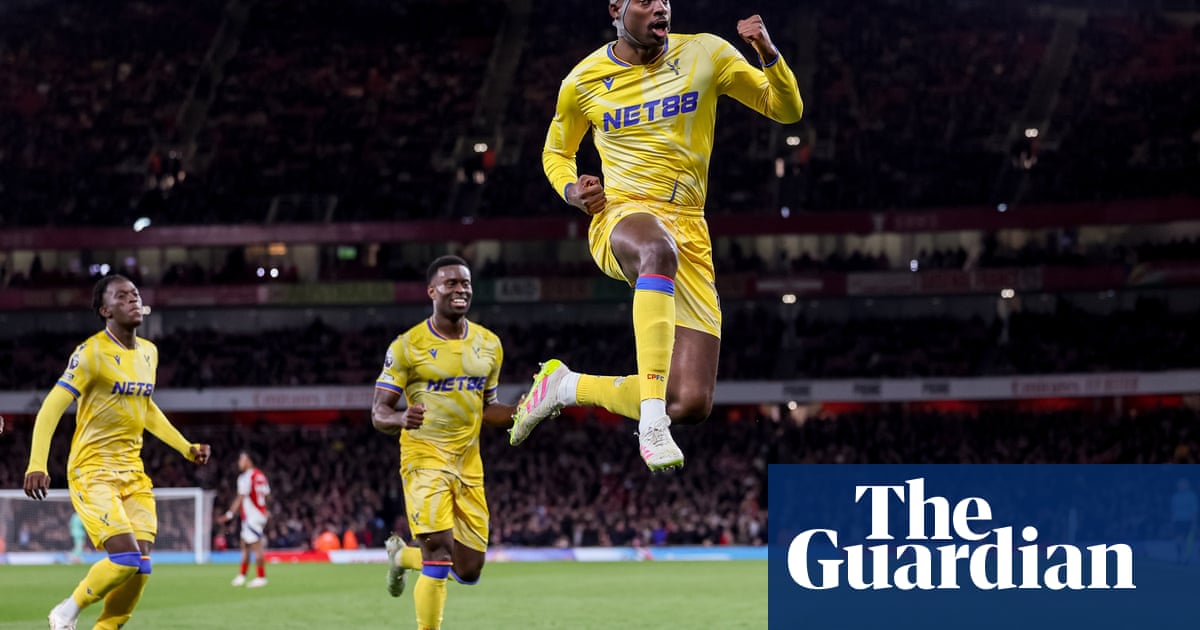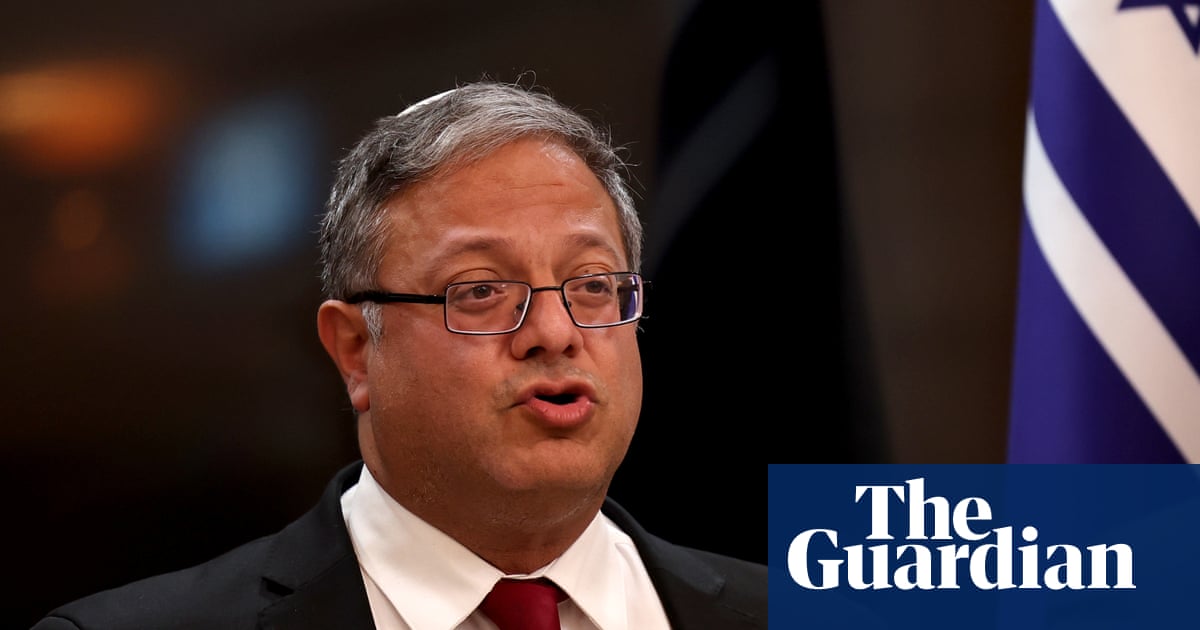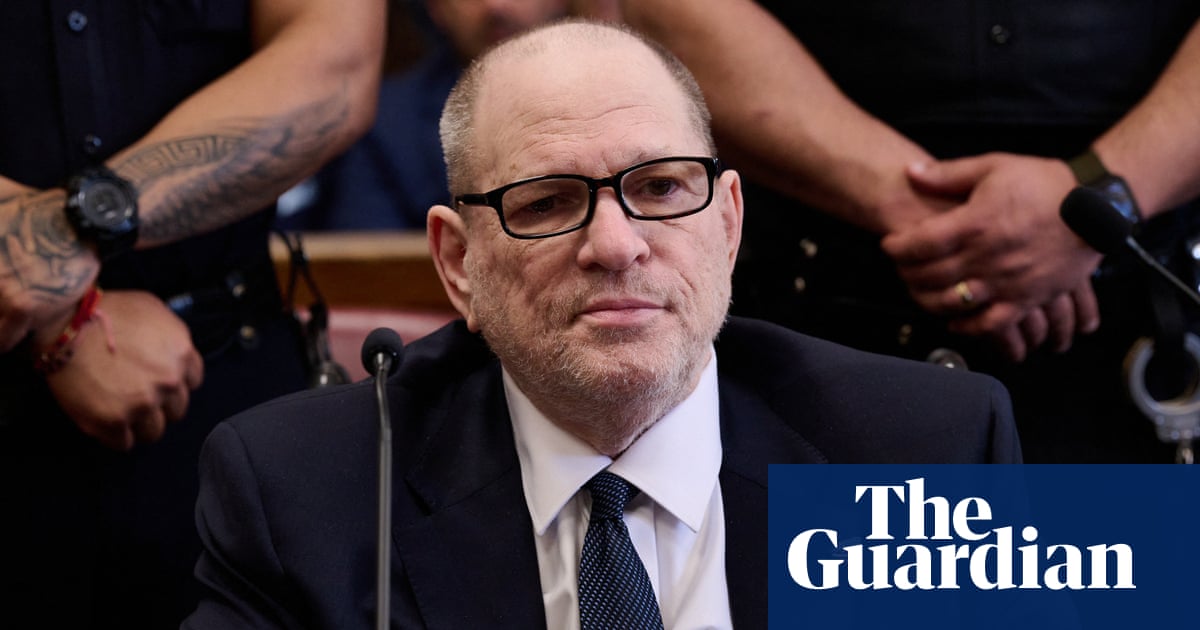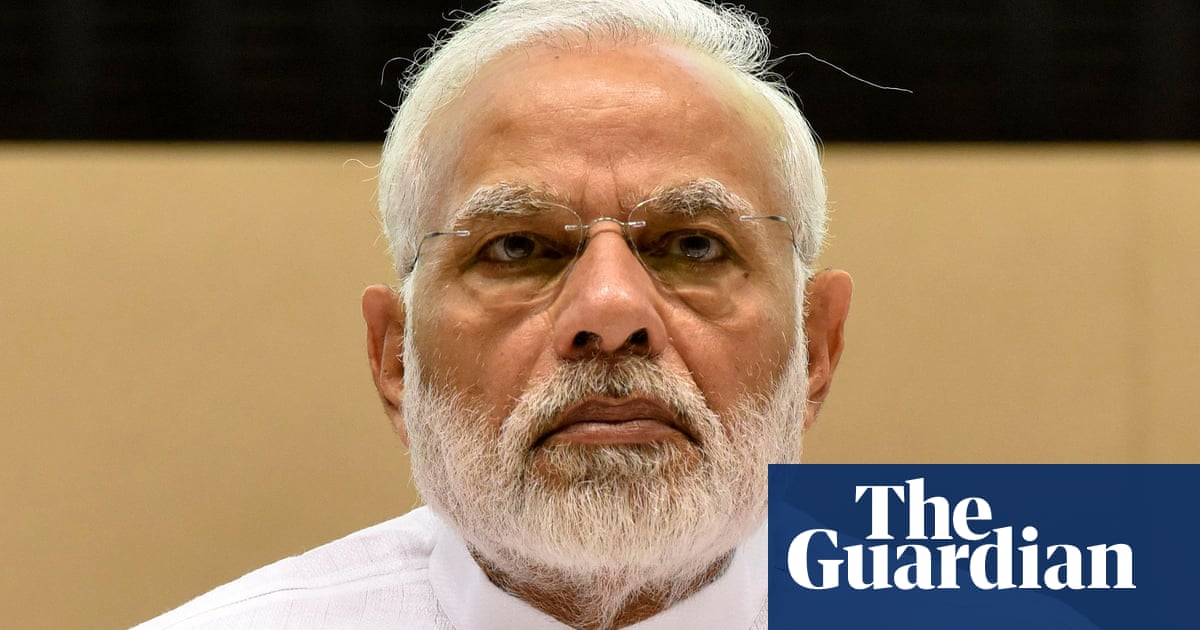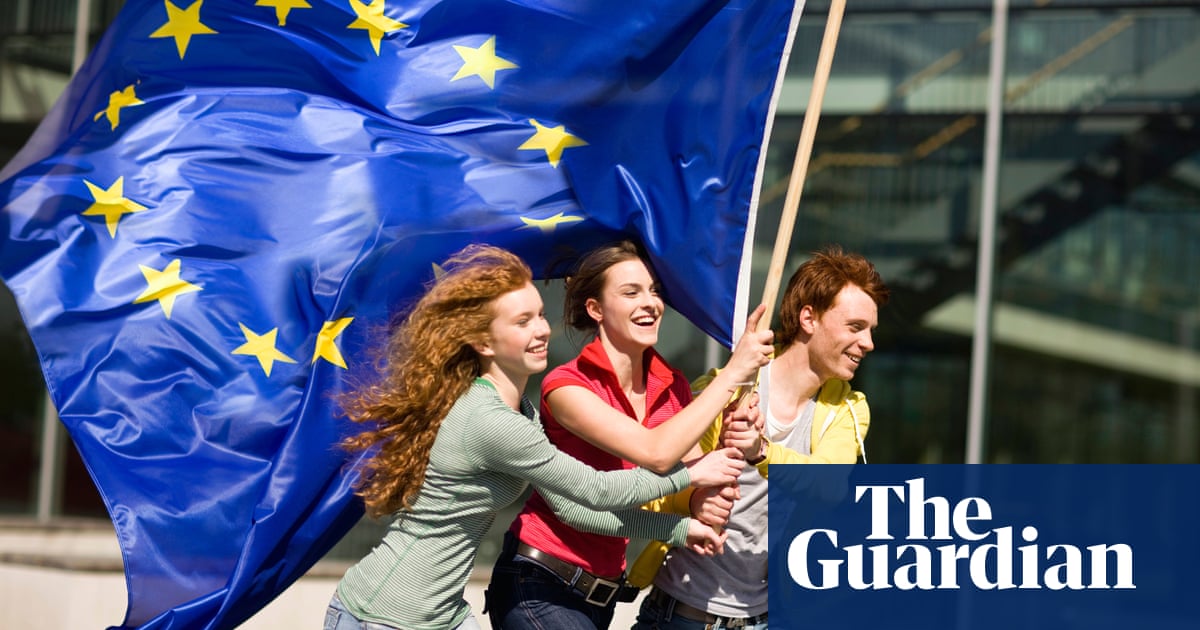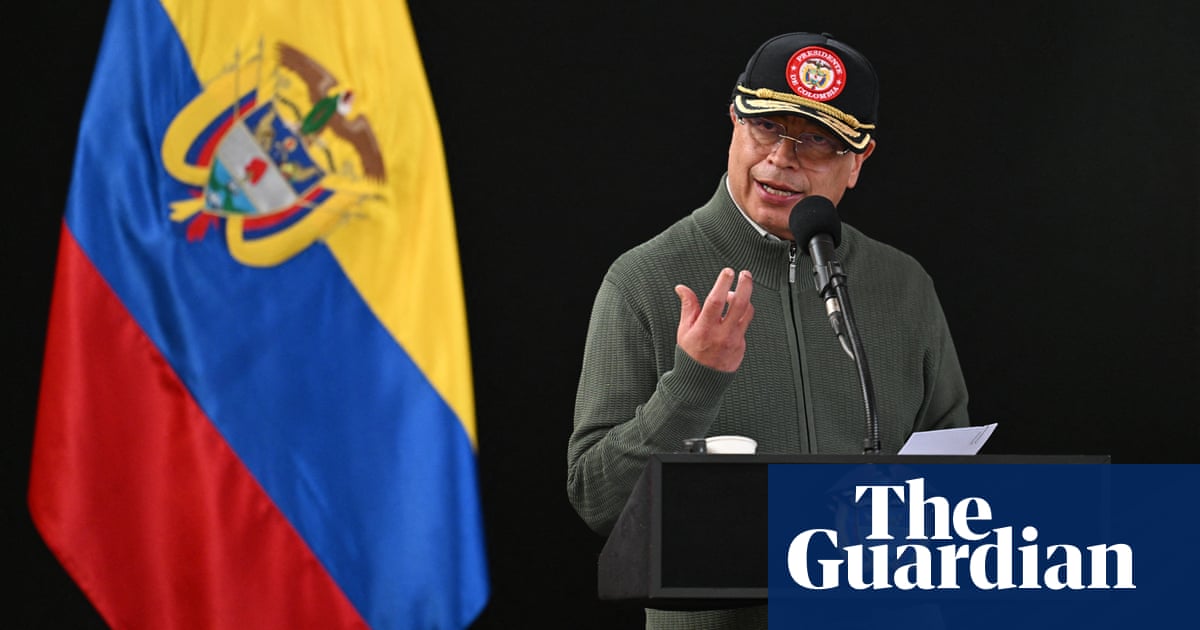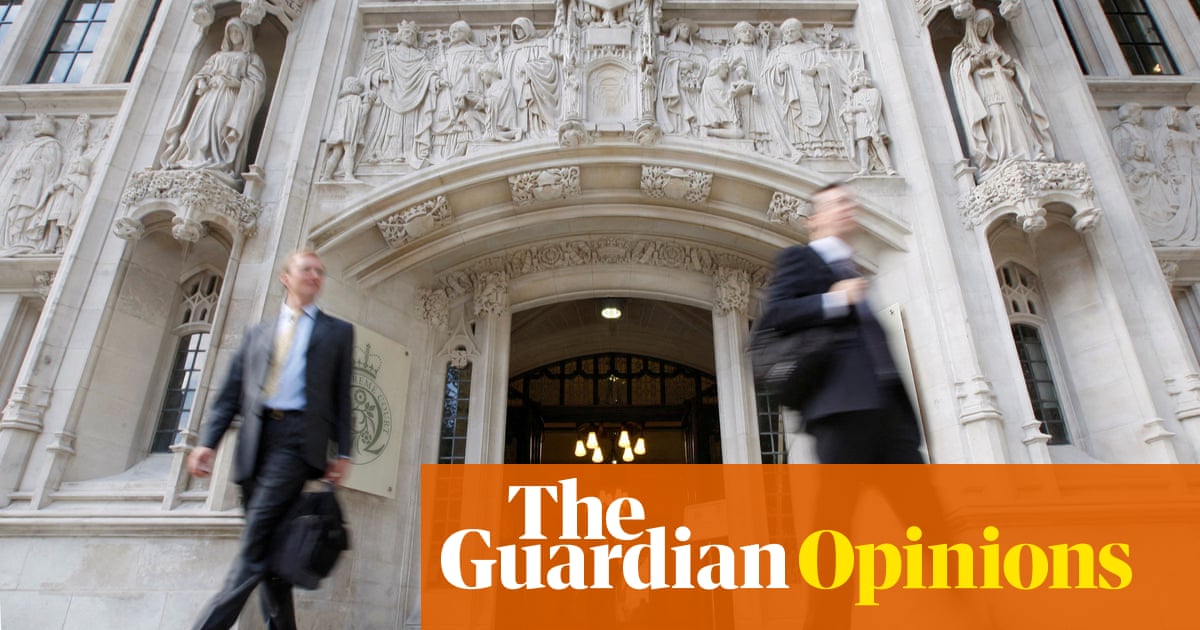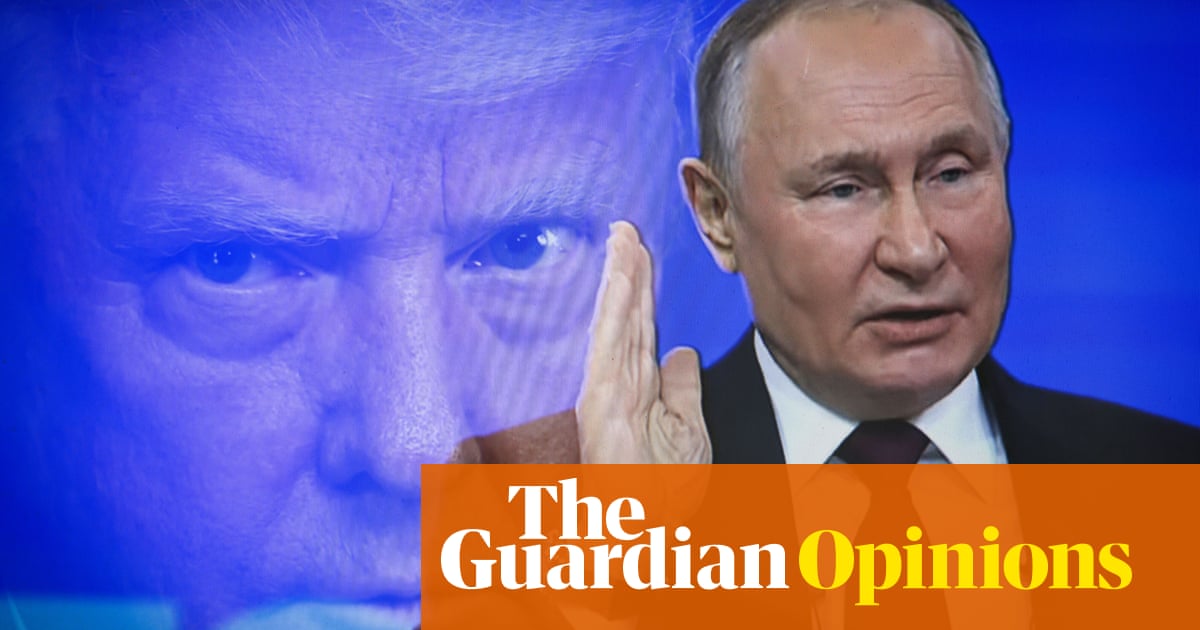Rachel Reeves has dashed hopes of an early breakthrough in trade talks with the Trump administration, stressing that the UK is “not going to rush” into a deal.
Speaking before her first face-to-face meeting with the US Treasury secretary, Scott Bessent, in which she was expected to lobby him to reduce tariffs, the chancellor said negotiations would take time.
“We’re not going to rush a deal. We want to get the right deal that’s in our national interest, and those talks are ongoing,” she said.
Asked about her discussions with Bessent – the first time the pair will meet face to face – Reeves said: “We’re not going to be, I don’t think, discussing the intricacies of autos and food standards.”
Instead, she said, they would be talking about “how we can build on the trade relationship that we have”.
The UK has already offered concessions to the US in the hopes of getting tariffs cut, including reducing the digital services tax on US tech companies. Reeves travelled to Washington for the spring meetings of the IMF with hopes of securing a carve-out from the 25% levies on cars, aluminium and steel.
Car industry bosses have warned job losses are weeks away in Britain’s premium automotive sector unless the UK can secure a deal to shield the likes of Jaguar Land Rover, Rolls-Royce, Bentley, Aston Martin and McLaren from tariffs.
It is unclear whether an exemption from the 10% base tariff Donald Trump has levied on all imports is on the table.
Hopes of an early agreement were undermined on Wednesday by a leaked document setting out new US demands.
The text, which first appeared in the Wall Street Journal, dismayed UK officials by including calls for concessions in a series of new areas, including a demand for the government to drop its standards on agricultural products including beef.
Allowing US hormone-treated beef into the UK has long been a demand from Washington, which successive British governments of all stripes have rejected. Reducing agricultural standards is a particular red line for Labour because it would kill hopes of a veterinary agreement with the EU.
Reeves flatly rejected the idea that food or other product standards would be up for grabs. “We’re not going to be relaxing our food standards. We are clear with the US about that and they respect that and understand that,” she said.
She added: “These are all discussions around tariffs and trade barriers but we are not going to be changing our standards based on asks from foreign governments. Decisions around food standards, around digital services, around auto standards, are decisions for the UK government to make and we will continue to do that.”
She did not rule out discussing another request in the leaked US negotiating document, that the UK should reduce import tariffs on US cars from 10% to 2.5% to secure a deal.
“I’m not going to give a commentary on the numbers but I have always been clear that I believe in free trade,” Reeves said.
Later on Wednesday, appearing at a live event for global investors, Reeves appeared to hint that the UK was indeed prepared to cut import taxes on some US goods to placate Washington.
“There are still tariffs, both ways, even before ‘liberation day’, between our two economies. I would like to see those tariffs – and non-tariff barriers – reduce,” she said.
Reeves’s cautious tone contrasted with recent mood music from the government suggesting much of the deal had all but been agreed.
Asked about the urgent plight of UK carmakers, Reeves said: “We’re under no illusions about the scale of the challenges that tariffs pose to UK car manufacturers and beyond, which is why we are working to secure a deal.
after newsletter promotion
“But I think everybody agrees that the most important thing is that we get the right deal for Britain in our national interest, rather than rush into a poor deal.”
One British official said the leak of Washington’s demands showed how difficult finalising a deal was likely to be, despite positive remarks from Trump’s vice-president, JD Vance, who said last week there was a “good chance” of agreement.
“The recent JD Vance comments got a lot of hares running but things like this show why this deal will be much more complex to agree than lots of people think,” the official said.
British ministers presented a draft text of a deal to their US counterparts even before Trump had announced his tariffs. However, the Guardian revealed this week that the agreement does not cover pharmaceutical products. Officials say it will therefore need to be renegotiated, should the president follow through on his promise to target that industry as well.
“Our assumptions have had to be reset a few times during this process,” said one Whitehall source, “and they probably will be again.”
Reeves was speaking after official figures underlined the perilous fiscal position the government faces. The Office for National Statistics said borrowing in the financial year ending in March was £151.9bn, more than £20bn higher than in the previous financial year.
Asked about the downbeat figures, which prompted some analysts to reiterate warnings that she may have to raise taxes in her autumn budget, Reeves stressed that her fiscal rules were non-negotiable.
“The numbers today just reinforce to me the importance that this government is placing on controlling the public finances,” she said.
The chancellor announced welfare cuts and reductions to future Whitehall budgets in her spring statement last month in order to meet her self-imposed fiscal rules.
As Reeves prepared to meet her counterparts from a string of other large economies in Washington, shares on global stock markets were soaring after Trump appeared to indicate a softening of his stance on Chinese tariffs.
The US president said he expected that tariffs on China would “come down substantially, but it won’t be zero”. Beijing has been facing 145% tariffs and has hit back with 125% levies of its own.
The IMF’s spring meetings in Washington opened on Tuesday with a stark warning about the economic impact of the trade war, which the fund said would prompt a “major negative shock”.

.png) 5 hours ago
3
5 hours ago
3


